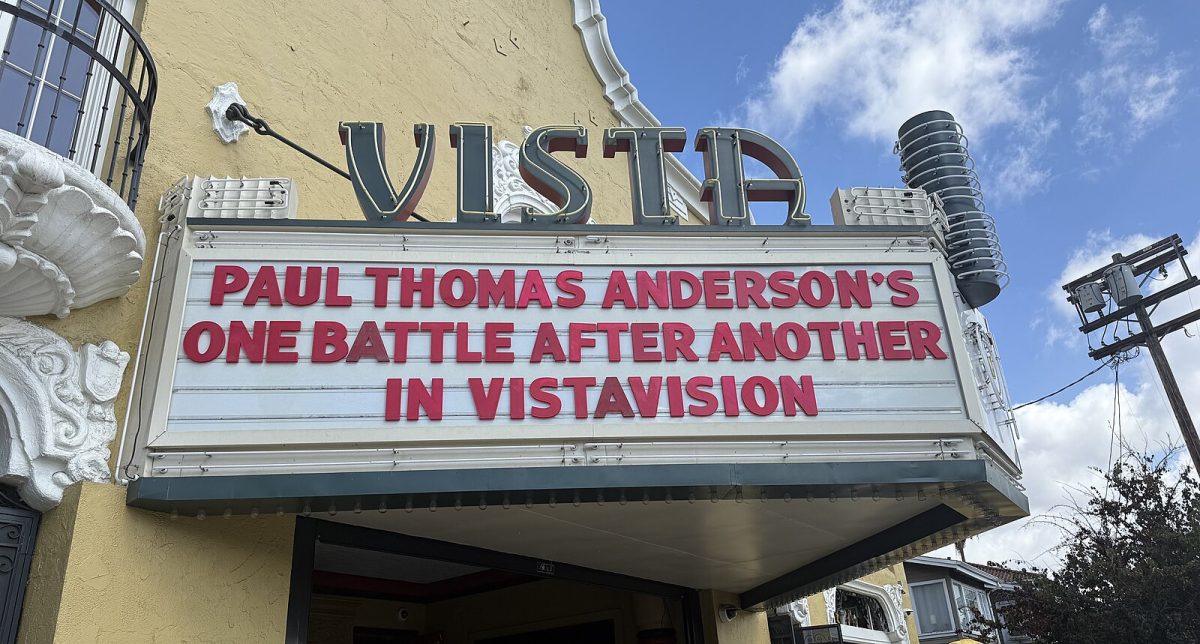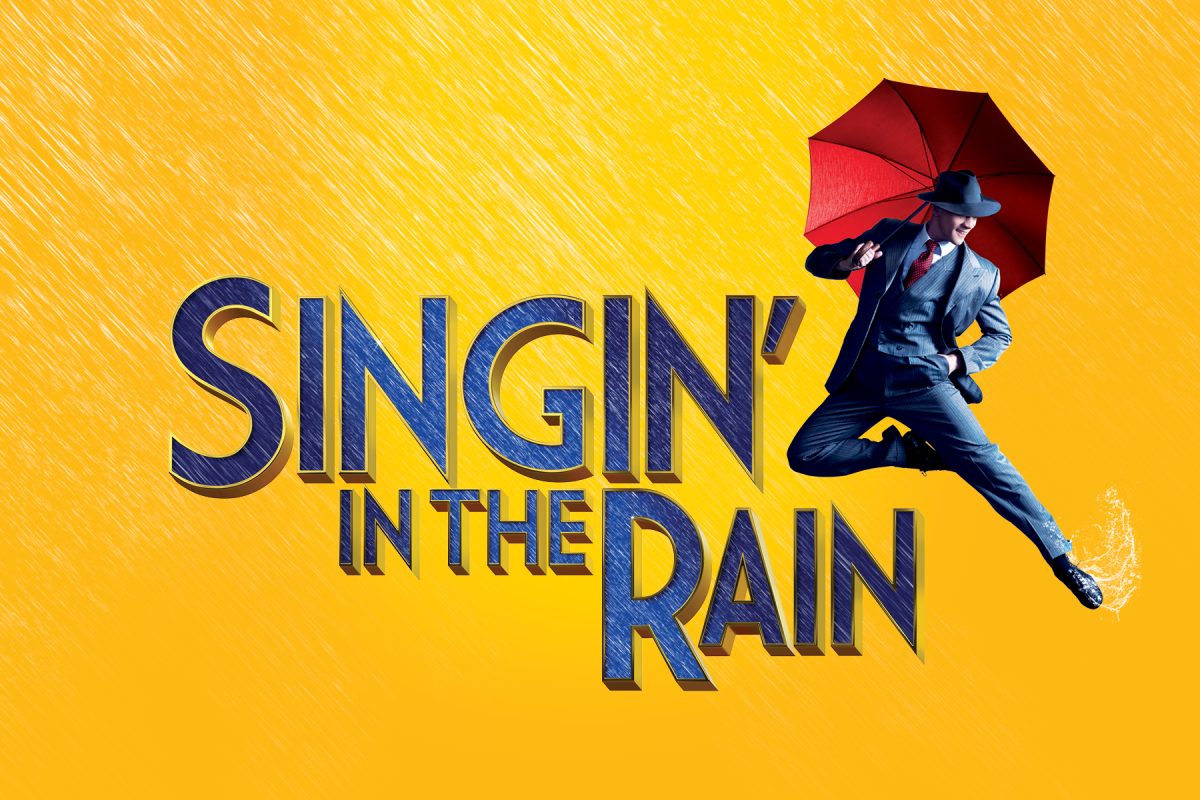As students watched the Harry Potter film series, bookworms often automatically juxtaposed film adaptations with the novels and exclaimed in outrage “that didn’t happen in the book!” But just because a movie is different from a book does not mean that the movie does not stay true to the author’s message.
Thirty-six movies made in 2011 were book to film adaptations, and 2012 marks a year with yet even more adaptations. While some diehard book fans may claim that a movie can never do justice to a book, some films get pretty close. Movie adaptations tend to fall under two major categories—they can either be almost literal adaptations or new creative entities that breathe life into a once two-dimensional world.
The plotlines of most film adaptations for most serial books generally do not change. For instance, in Suzanne Collins’ “The Hunger Games”, the film adaptation is virtually the same as the book. While certain minor details were omitted (such as Madge, Katniss’ best friend in the novel), the plot line follows the novel fairly accurately. The storyline for movie adaptations of major series books logically cannot be altered too much lest the franchise lose movie watchers. Generally, the audience of large franchise-based movies is going to be loyal existing series followers. While the movies may be able to attract non-series devotees, they will be primarily marketed toward people who have already read the book. Thus, if filmmakers ended up changing the plotline too much, they would lose significant market share.
However, there are many other legitimate reasons for not altering a plot line. Sometimes the raw emotion and acting within a movie add perspective to a film that a book cannot. In “The Descendants,” Matt King is the same character in the movie and book—he has the same persona and struggles to deal with the same issues (his wife cheating on him, his disconnected children). A film adaptation of a book should add a perspective and angle that would be relevant to the story without considerably altering the author’s original message.
With a very realistic book such as “The Descendants”, twisting a plot line does not contribute to improving the movie. The main focus and success of the movie are hinged upon accurate, powerful emotional portrayals. When Matt King yells at his comatose wife, the sincerity of his actions and the vulnerability of his character elicit a kind of sympathy that even the most well-phrased words could never induce. These performances breathe a type of life into the movie that a string of black text never could never convey.
However, there are movies that are significantly changed to fit the current media culture. For instance, Dr. Seuss’ “The Lorax” was transformed from a relatively blandly colored two-dimensional book to the three-dimensional futuristic world of Thneedville. Perhaps the greatest highlight of the movie is the plethora of graphic effects and singing animals. A love plot was also thrown into the movie: Ted Wiggin’s primary incentive for finding a Truffulla tree is to impress the love of his life, Audrey, as opposed to wanting to find out about trees for the good of the planet.
Because the main point of the movie (finding a tree) stays true to the book, the addition of flashy colors and songs in the adaptation only improved the movie. When directors work with a book as short and simple as “The Lorax,” they needs to alter the plotline so the movie can be stretched into a one to two hour movie. It is that sort of directing ingenuity that gives purpose to the adaptation. Moreover, the abundant resources and possibilities of the cinematographic world would be wasted if the movie were simply just a bland adaptation. When the world of possibilities includes three-dimensional adorable fuzzy characters such as the Lorax, it makes sense that director would be utilizing them. For that reason, “The Lorax” represents an excellent movie in which the film adaptation accentuates the magical creative world that Dr. Seuss created.
Some might say that film adaptations are not as good as novels. However, the point is not to have a film serve the exact same purpose as a novel. Books are adapted to movies for the purpose of improving the novel itself. Sometimes books are adapted for the sake of continuing a franchise, and other times phenomenal acting brings life to the book—with both these cases, the plotline is not significantly altered. A movie will never be the same as a book, but with a bit of flexibility viewers can realize that movies can be just as great as books, merely in a different way.








